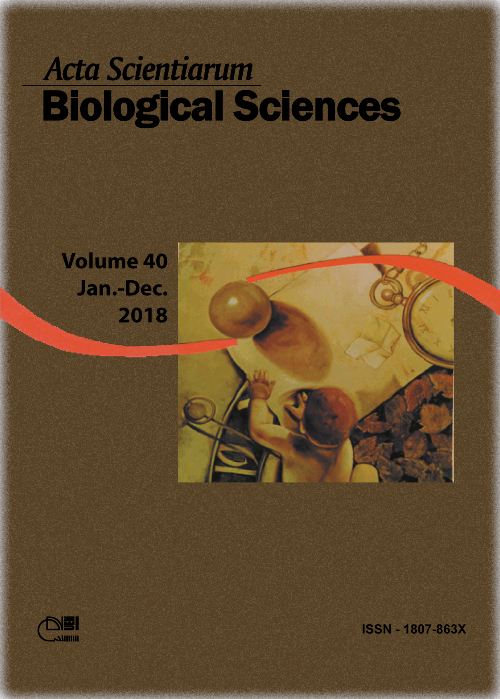<b>Bioremediation of diesel/biodiesel contaminated sandy soil in microcosm: evaluation of fungal bioaugmentation and natural attenuation
Resumo
Biodiesel is a clean renewable fuel used as alternative energy source to diesel and it is commercialized as a minor component in diesel blends. Similarly to diesel, biodiesel spill is a source of contamination for the ecosystem making necessary to provide effective remediation strategies. Bioremediation is a technology that has been applied with success to clean up hydrocarbon-contaminated environments. In this study, fungal bioaugmentation strategy was compared with natural attenuation during bioremediation of a sandy soil contaminated with diesel, biodiesel and blends (B20 and B50). Respirometric assays simulating the contamination of soil were carried out in Bartha flasks used to measure microbial CO2 production. Penicillium sp. AV4 isolated from the wastewater of a biodiesel factory has the ability to degrade the fuels and was used in bioaugmentation. After 111 days, CO2 evolution demonstrated no significant difference in soil microbial activity between fungal augmentation and natural attenuation treatments for all fuels. The lack of influence of Penicillium sp. AV4 can be related to its inability to compete with soil microorganisms and/or increase its metabolic activity. During natural attenuation, B50 showed a higher CO2 production, followed by the B100, B20 and diesel, which is less biodegradable. Therefore, from a biodegradation perspective, biodiesel could be more beneficial than diesel during bioremediation spill.
Downloads
DECLARAÇÃO DE ORIGINALIDADE E DIREITOS AUTORAIS
Declaro que o presente artigo é original, não tendo sido submetido à publicação em qualquer outro periódico nacional ou internacional, quer seja em parte ou em sua totalidade.
Os direitos autorais pertencem exclusivamente aos autores. Os direitos de licenciamento utilizados pelo periódico é a licença Creative Commons Attribution 4.0 (CC BY 4.0): são permitidos o compartilhamento (cópia e distribuição do material em qualqer meio ou formato) e adaptação (remix, transformação e criação de material a partir do conteúdo assim licenciado para quaisquer fins, inclusive comerciais.
Recomenda-se a leitura desse link para maiores informações sobre o tema: fornecimento de créditos e referências de forma correta, entre outros detalhes cruciais para uso adequado do material licenciado.













1.png)




3.png)













